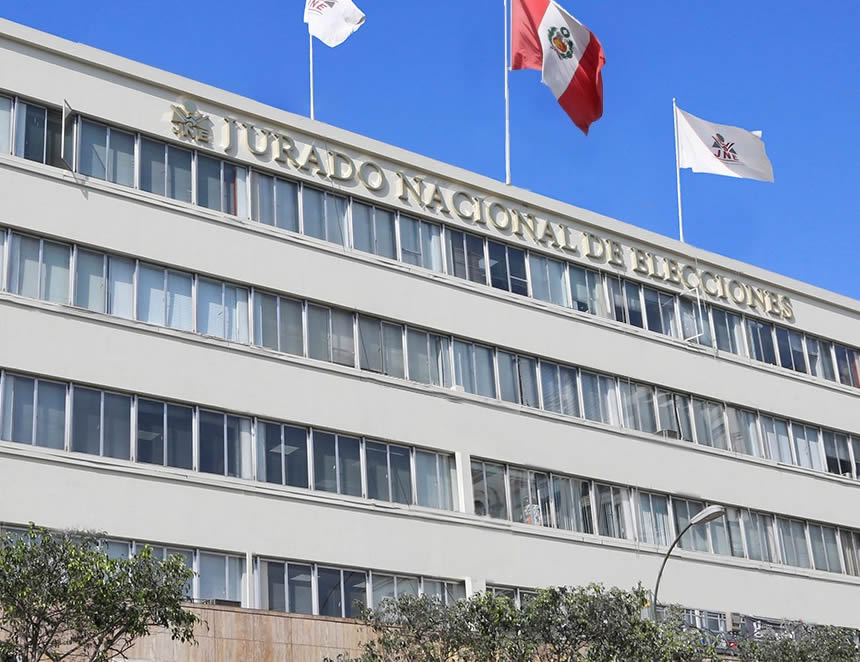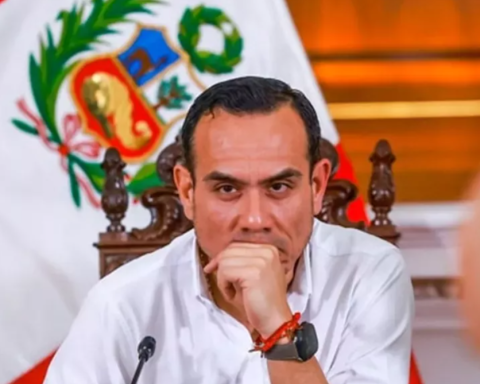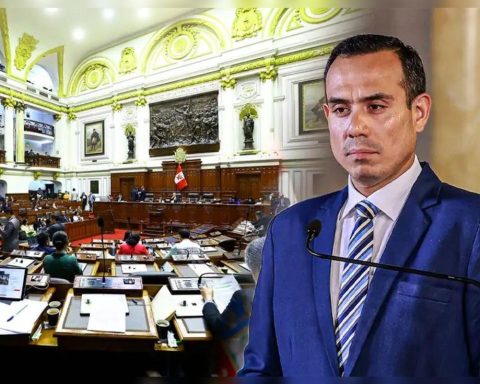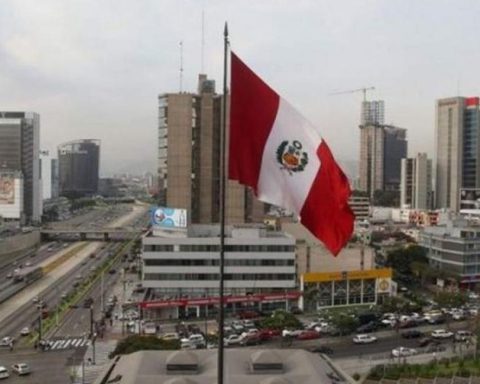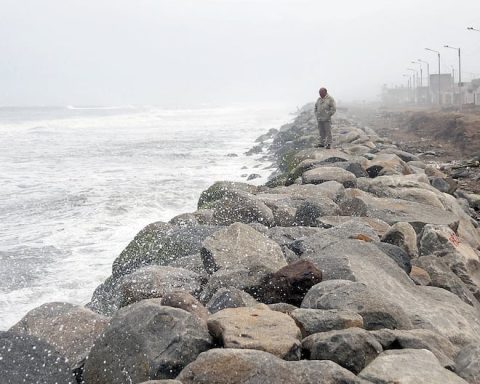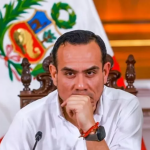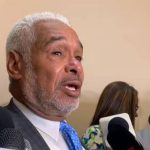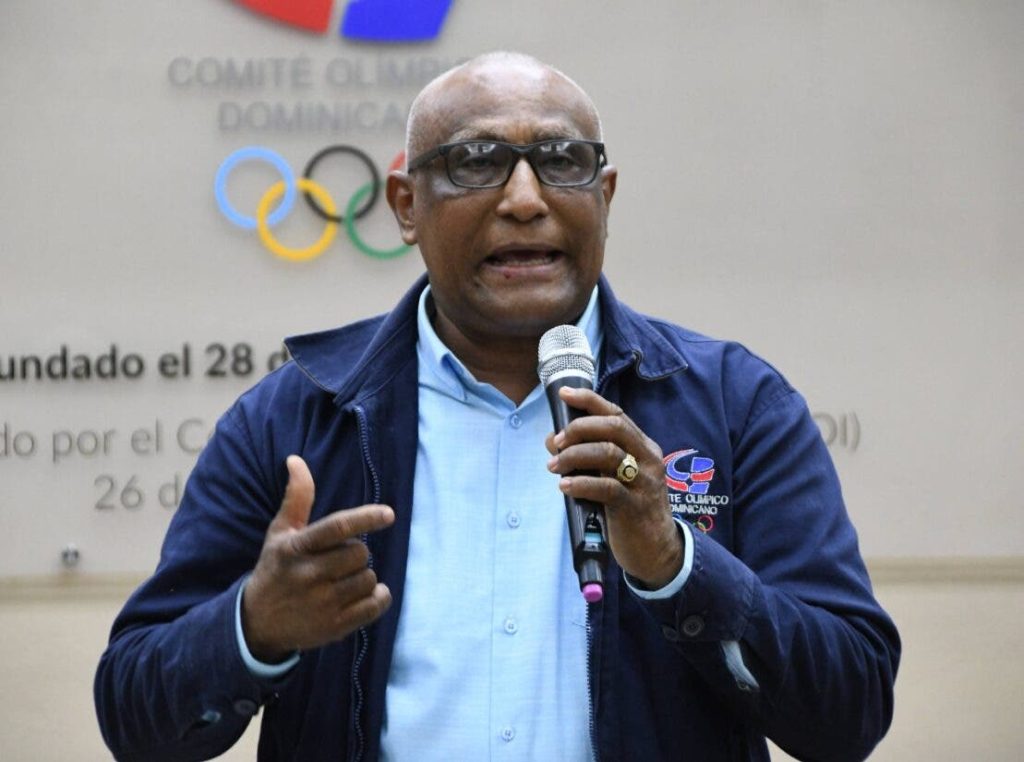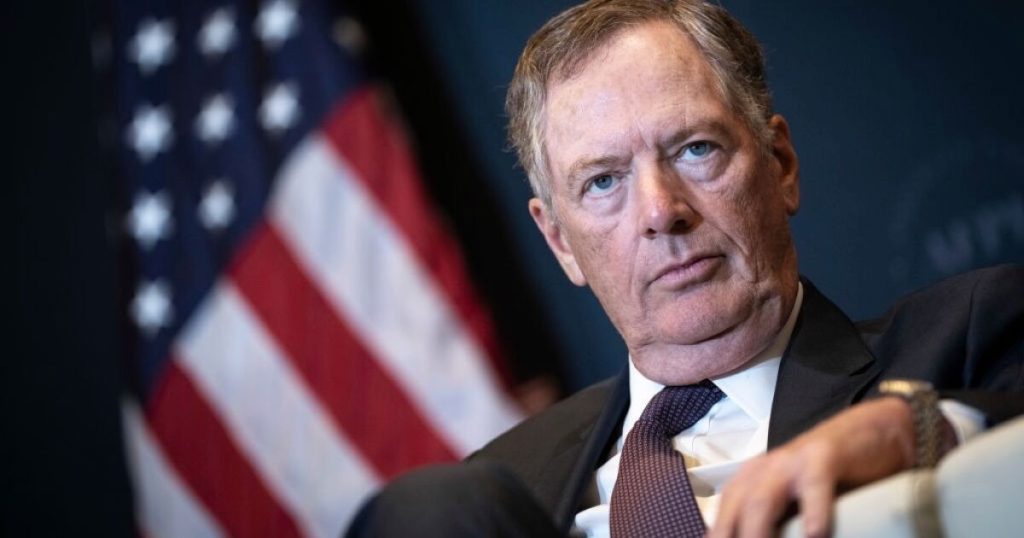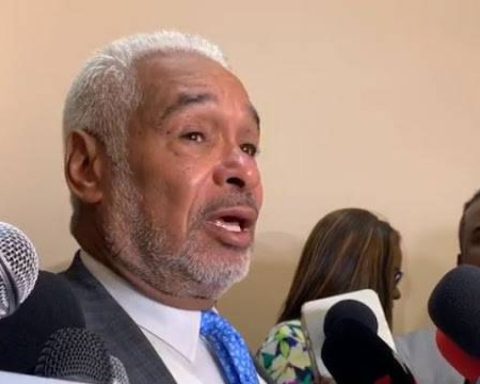Shorten the term of office of the president of the National Election Jury (JNE)the highest electoral body in the country, from four to two years, could have serious implications for the management of the organizationaccording to constitutional lawyer Heber Campos Bernal.
LOOK: Port of Chancay received its first vessel from China
At the end of October 2024, the Constitutional Commission of Congress, led by Fernando Rospigliosi, approved by a large majority an opinion based on a bill presented by legislator Elizabeth Medina, a member of the Magisterial Block bench, which proposed the modification of articles 179, 180, 182 and 183 of the Constitution.
“The president of the National Election Jury is elected from among the members of the Plenary Session for a period of two years. There is no re-election in office,” reads one of the sections of the opinion, regarding the regulatory change of article 179.
The reform project also states that The head of the JNE will no longer be appointed by the members of the Supreme Court of the Judiciary, as is currently the case, but that the five members of the JNE Plenary will be the ones to appoint him through a vote. Currently, the senior staff of the entity is made up of a member of the supreme judges, another of the Board of Supreme Prosecutors, one more of the Lima Bar Association (CAL), and additionally a representative of the public universities and another of the private ones. .
In this regard, the lawyer Herbert Camposin statements to the YouTube channel of JNEpointed out that “here we are not discussing whether the reform is constitutional or not, but rather the substance of the proposal, which could have a problem of convenience and practical implications to guarantee efficient management of electoral bodies and their reasonable operation.”
He added that it must be taken into account that these are institutions that are in charge of one of the main elements of our political and democratic system, such as the safeguarding of electoral processes, and that have not been consulted, nor have other relevant sectors. , on this legislative proposal that must be debated in the plenary session of Congress to define its approval or rejection.
Campos also questioned that the opinion of this project “has been approved in a very short period of time”since the initiative was presented at the beginning of October and was approved on the 29th of the same month. “It is an issue that requires a broader and more thoughtful discussion due to the implications it entails,” he continued.
To take effect, the constitutional reform will have to receive the support of two-thirds of the 130 parliamentarians in two consecutive legislatures, or be subject to a popular referendum.
The congressmen who approved the opinion in the Constitution Commission were Fernando Rospigliosi, Patricia Juárez, Alejandro Aguinaga, Jorge Morante, Gladys Echaíz, Héctor Valer, Wilson Soto, Alejandro Cavero, Adriana Tudela, Luis Aragón, Alejandro Muñante, Noelia Herrera, Martha Moyano , Arturo Alegría, Alex Paredes, José Balcázar, Waldemar Cerrón, Digna Calle, Segundo Quiroz, José Elíaz and José Luna Gálvez.
Take advantage of the NEW EXPERIENCE, receive our enriched digital newspaper by mail and WhatsApp. Peru21 ePaper.
Now available in Yape! Find us at YAPE Promos.
RECOMMENDED VIDEO:
